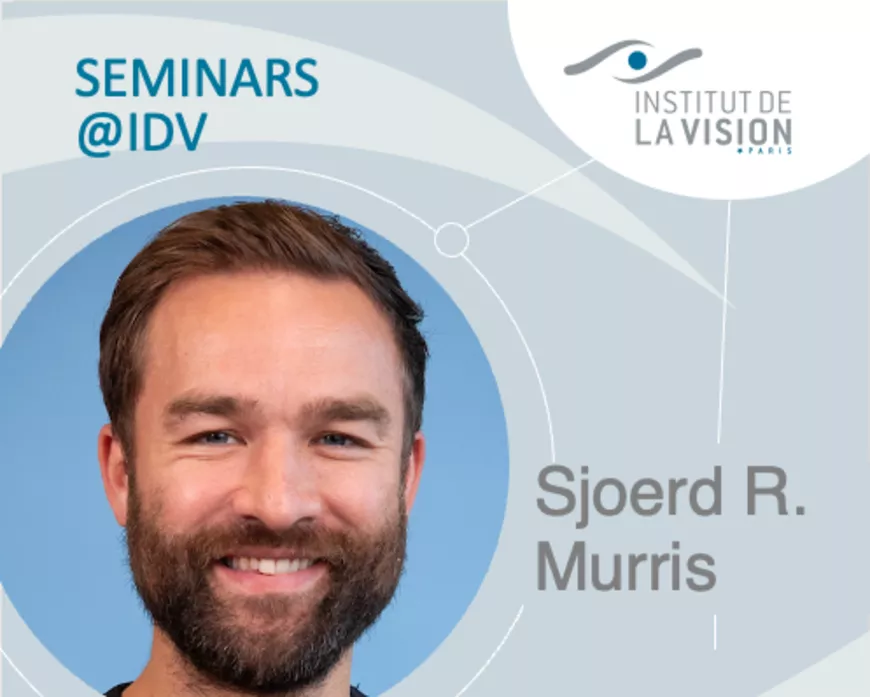Electrical microstimulation to probe brain-wide activity through fMRI
Invited by Florian Fallegger, Dr Sjoerd R. Murris (Netherlands Institute for Neuroscience) will speak on Friday February 28th. Meet at 10.00 AM - Salle Lusseyran.

Abstract
I’m a neurobiologist interested in higher cognitive functions in (non)-human primates. If we want to draw causal claims about how brain activity relates to cognition, we need the right tools. In my research I apply transient stimulation methods such as electrical microstimulation, to different parts of the brain of rhesus monkeys. I study how stimulation of different brain structures relates to changes in their perception, behaviour and brain-wide activity measured through concurrent fMRI. In my doctoral work at the KU Leuven in Belgium, I focussed on stimulation of the brainstem: how stimulation in the dopamine-rich ventral tegmental area leads to perceptual changes in monkeys. I also emphasize how important it is to study stimulation parameters. In my current postdoctoral position at the Netherlands Institute for Neuroscience, I focus on the development and application of multi-electrode probes. Through these probes we can investigate many brain structures in parallel to ultimately relate activity in each individual structure to cognitive function and brain-wide maps.
About Dr Sjoerd R. Murris
Dr. Sjoerd R. Murris is a neurobiologist specializing in the study of higher cognitive abilities, such as perception and attention, in the brains of primates. He is currently a postdoctoral researcher at the Netherlands Institute for Neuroscience, where he investigates the neural mechanisms responsible for conscious perception. As part of his research project within the Vision & Cognition group, he uses a combination of electrical stimulation via multi-channel electrodes and neuroimaging to map the contribution of different brain regions to conscious perception.
Dr. Murris obtained a PhD in biomedical sciences from KU Leuven in Belgium, after studying philosophy and biology. He has also conducted research at the Australian National University and Kyoto University.
In addition to his research activities, he is also a member of the institute's inclusion team and engages in science communication activities, such as answering public questions about the brain through the BrainHelpDesk and participating in the Dutch Brainbee competition for high school students.
